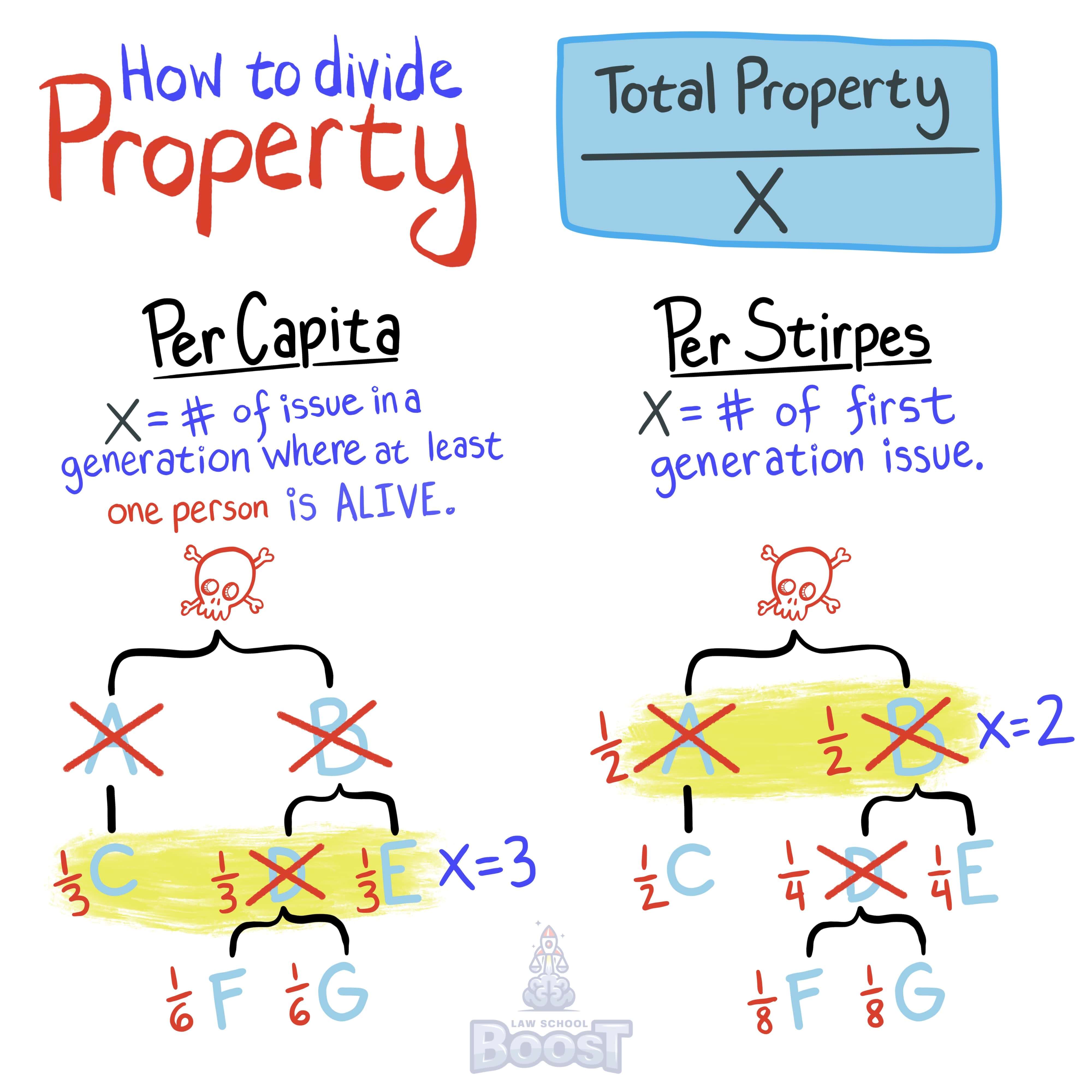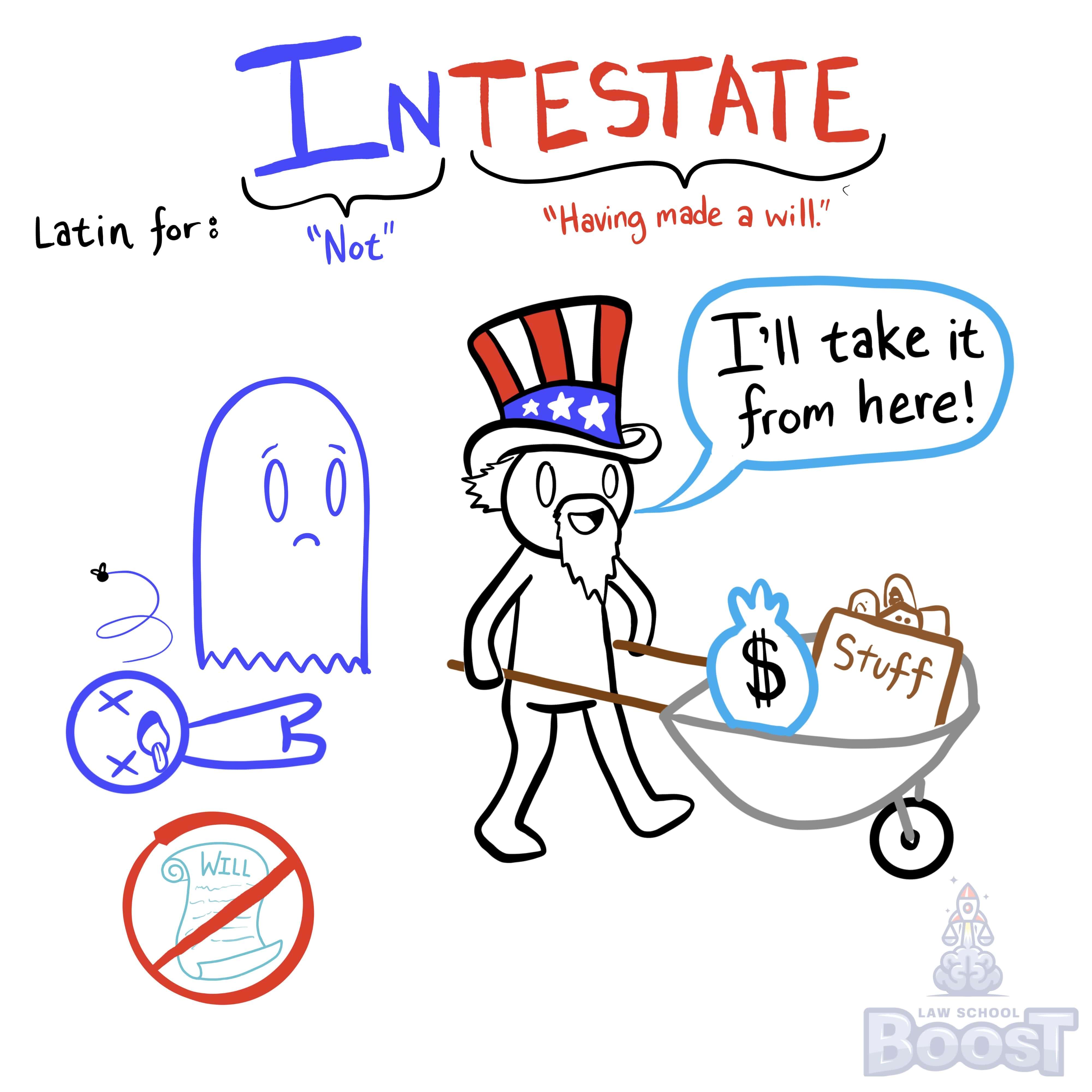😭
Wills • Intestate Succession
WILLS#044
Legal Definition
If there is no surviving spouse, the property is distributed in the following order: issue, parents, issue of parents, grandparents, issue of grandparents, issue of predeceased spouse or domestic partner, then it escheats to the State.
Plain English Explanation
Intestate succession sometimes reminds me of lightning trying to find a path to the ground. The first path it tries to follow is "did the dead person have children?" If so, boom, done. The kids get the assets. But if there are no kids, the next path to try is "are the dead person's parent's alive?" No? How about siblings? Does the dead person have any siblings? No? How about living grandparents? No? Well what about uncles or aunts? No? Well, if they had a spouse or domestic partner, do they have any children of their own (not related by blood)? Still no?
Well, at this point, there are no paths to provide the property to anyone, so the only path left for the property is to be given to the State.
Well, at this point, there are no paths to provide the property to anyone, so the only path left for the property is to be given to the State.
Hypothetical
Hypo 1: Bob, who has no spouse, passes away. He leaves behind two children, Timmy and Billy. Result: According to The Rule, Bob's property is first offered to his children. Thus, Timmy and Billy inherit Bob's property equally.
Hypo 2: Sam dies without a spouse, children, or living parents. However, he has a living grandmother and several cousins. Result: The Rule dictates that the property bypasses the parents' level and goes to the grandparents' level. Since Sam has a living grandmother, she inherits his property. The cousins would only inherit if the grandmother was also deceased.
Hypo 3: Bob dies without a spouse or children but has a living brother, Sam, and deceased parents. Result: The property first looks to go to the children (none), then the parents (deceased), and then the issue of parents. So, Sam, as Bob's brother, inherits the property.
Hypo 2: Sam dies without a spouse, children, or living parents. However, he has a living grandmother and several cousins. Result: The Rule dictates that the property bypasses the parents' level and goes to the grandparents' level. Since Sam has a living grandmother, she inherits his property. The cousins would only inherit if the grandmother was also deceased.
Hypo 3: Bob dies without a spouse or children but has a living brother, Sam, and deceased parents. Result: The property first looks to go to the children (none), then the parents (deceased), and then the issue of parents. So, Sam, as Bob's brother, inherits the property.
Visual Aids


Related Concepts
In California, what is the result of a pretermitted spouse?
In California, what is the result of intestate succession for a surviving spouse?
What is an advancement?
What is intestate succession?
What is per capita by right of representation?
What is per stirpes?
What is the result of a pretermitted child?


